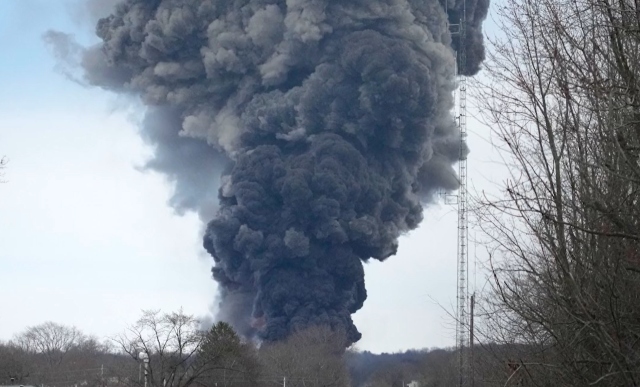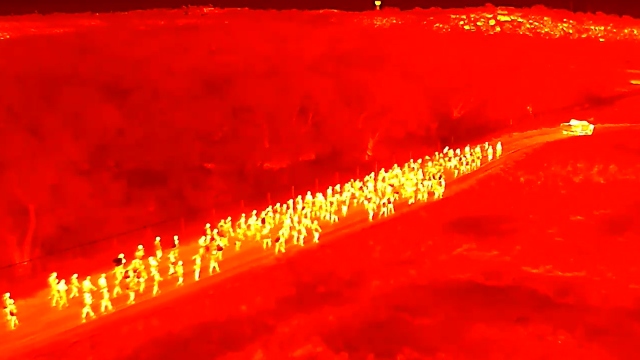Earth just dodged a potentially apocalyptic-level solar storm – are we safe?
03/29/2023 / By Ethan Huff

On March 12, a near-catastrophic event occurred that could have annihilated the planet – but it occurred on the other side of the sun, facing away from earth. It was a close call, but is there more to worry about in the future?
In a piece he wrote for American Thinker, J.R. Dunn compared the March 12 event to the infamous Carrington event of Sept. 1, 1859. British astronomer Richard Christian Carrington spotted what he described as “two patches of intensely bright and white light” erupting from sunspots. Five minutes later, these fireballs vanished, but within hours their impact would be felt all around the world.
“That night, telegraph communications around the world began to fail; there were reports of sparks showering from telegraph machines, shocking operators and setting papers ablaze,” reports explain.
“All over the planet, colorful auroras illuminated the nighttime skies, glowing so brightly that birds began to chirp and laborers started their daily chores, believing the sun had begun rising. Some thought the end of the world was at hand.”
It turns out that the end of all things was not quite yet at that point, even though it seemed like the case at the time. With the recent miss of the coronal mass ejection (CME) on March 12, did the planet dodge another apocalyptic-seeming event for good, or was it another omen of things soon to come?
(Related: A Carrington-level depopulation event is already underway that could result in all remaining humans becoming transhuman robots by the year 2025.)
An earth-facing CME event of great enough size would take down all electronics and communications like an EMP
The March 12 CME event was actually much larger than the 1859 Carrington burst. Early estimates point to the explosion being 10 to 100 times more powerful than the Carrington event, though, again, it occurred facing away from earth rather than towards it.
Had it occurred towards the earth, millions, if not billions, of people would have died. Is it possible for another such CME event to occur in the future that points towards earth rather than away from it, resulting in an end-of-the-world type of calamity?
“If it had been facing in our direction, if the earth had borne the full brunt of that blast, we can scarcely imagine the results,” Dunn writes about the recent event on March 12. “It’s likely that all operating electrical systems would have been immediately destroyed, the same as the telegraph systems in 1859.”
“Any active electronic instruments – and possibly even those that happened to be shut down – would have been fried, transformed into useless hunks of plastic, metal, and silicon. The electrical and electronic networks (e.g., the Net) that form the framework of Third Millennial civilization would have been annihilated. Once they were destroyed, all power would vanish. Industry would grind to a halt. Massive amounts of data, including almost all financial data, would simply disappear. All methods of communication beyond voice range would no longer exist. It wouldn’t be a matter of waiting to be rescued by a government of any sort. Government would have shrunk to little more than a notion. The very tools on which relief, and even recovery, depend would simply have vanished. The consequences beggar the imagination. A new Dark Age would have been the best option to expect.”
Most people have no idea that this recent event even occurred on March 12. It came and went without apparent consequences, and Dunn suggests that this event “resets the clock,” putting us in the free and clear for another 100 years or so. At the same time, could it have been an omen about another soon-to-occur event that next time faces earth, resulting in that infamous EMP (electromagnetic pulse) we keep hearing about?
More related news can be found at Prophecy.news.
Sources for this article include:
Submit a correction >>
Tagged Under:
apocalypse, Carrington, CME, Collapse, coronal mass ejection, cosmic, cosmos, disaster, EMP, natural disaster, solar storm, Space, Suppressed
This article may contain statements that reflect the opinion of the author
RECENT NEWS & ARTICLES
COPYRIGHT © 2017 PENSIONS NEWS




















